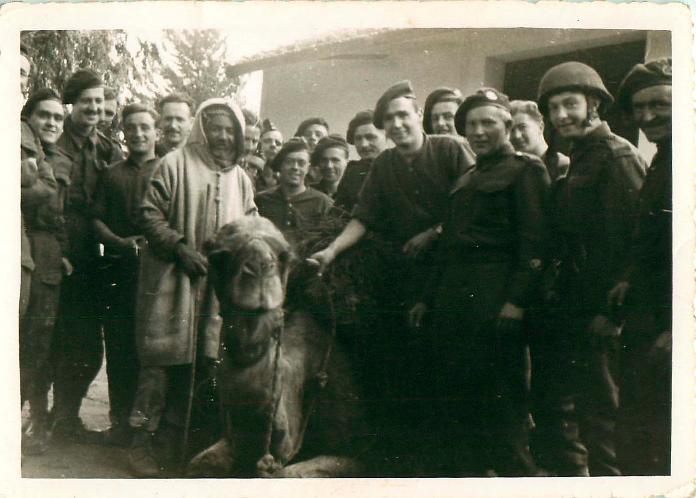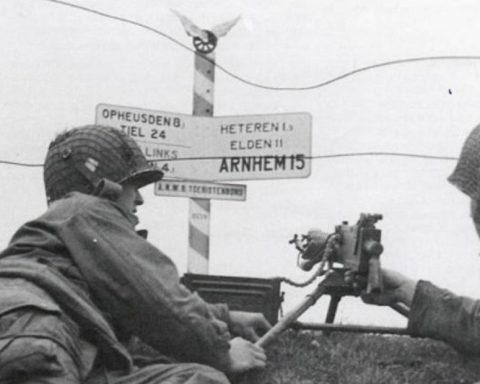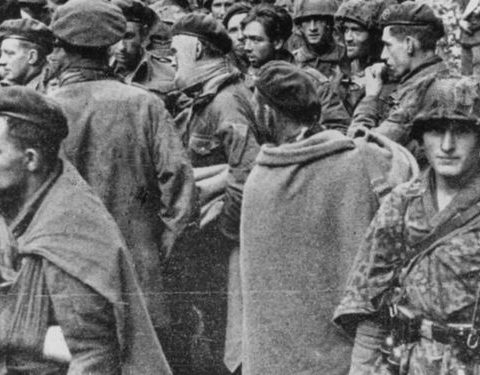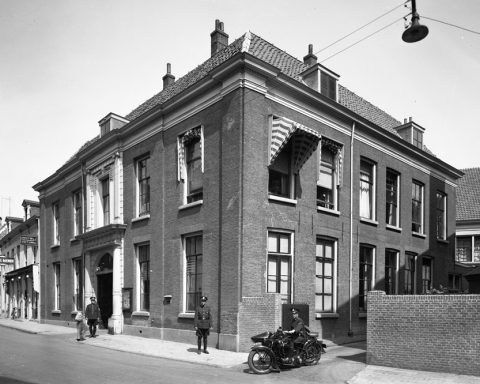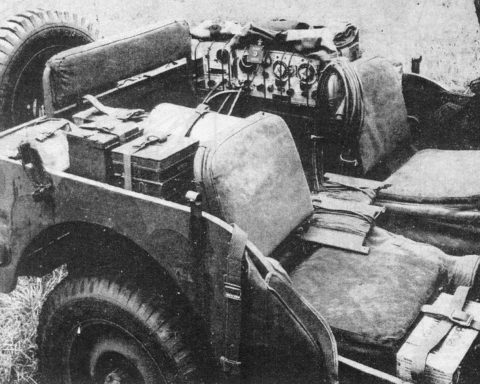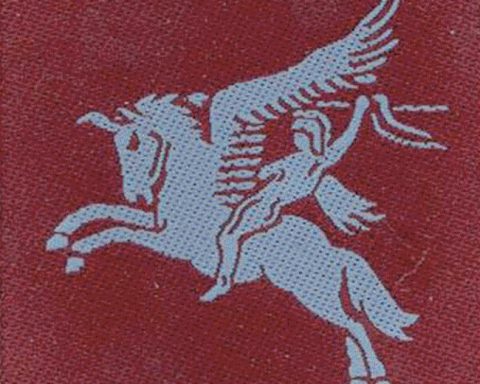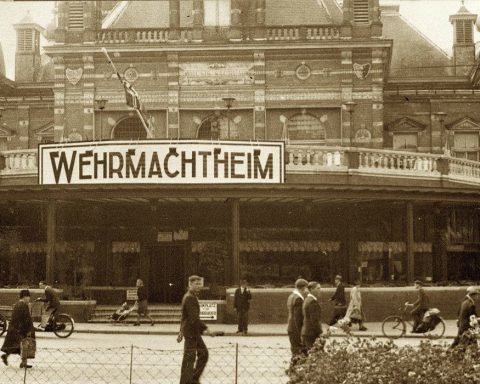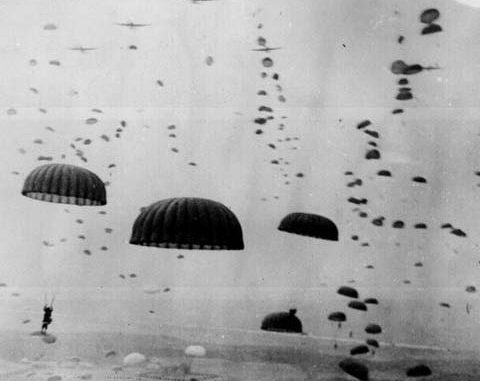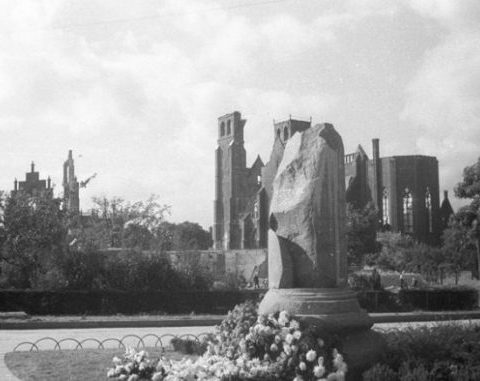It was an Arab war cry that was regularly heard during the battle of the Battle of Arnhem. From a foxhole in Oosterbeek or a besieged house around the Rhine Bridge in Arnhem, “Whoa Mohammed” was suddenly shouted very loudly.
When one of the British soldiers shouted the battle cry, it was immediately taken up by soldiers nearby.
“Whoa Mohammed” was and still is the battle cry of the 1st Airborne Division of the English. Many people have wondered where the strange, Arabic yell of the British comes from. Here’s the answer.
In November 1942, the 1st Parachute Brigade landed in North Africa during Operation Torch. The aim of Operation Torch was to drive Erwin Rommel’s German Afrika Korps out of Africa.
Operation Torch was the first time that the British 1st Parachute Brigade was deployed. The various battalions of 1st Parachute Brigade were given the task of capturing airfields in Tunisia in support of the landings of the ground troops.

The airfield that the 2nd Battalion, led by Colonel John Frost, had to capture had been abandoned by the Germans. The 3rd Battalion managed to capture and occupy the airfield at Bône in Tunisia after a short but fierce battle. After the airfield was captured, the soldiers of the 3rd Battalion were billeted in an Arab village.
Donkey
Every morning a man passed by in the village with a donkey that was overloaded. To get the donkey moving, the man kept shouting “Wahai Mohammed”. After a few days, the British shouted encouragement every time they saw the man approaching with his donkey. Not much later they also shouted it at each other.
The cry was soon adopted by the other battalions of the 1st Parachute Brigade and was corrupted to “Whoa Mohammed”. At the beginning of Operation Market Garden, the entire 1st Airborne Division used the battle cry.
Pub fights
According to veteran Dennis Edwards, the battle cry was not only useful during the fighting in Arnhem. Due to the smoke during the fighting, it was often not clear where the other paratroopers were. By shouting “Whoa Mohammed” it became clear where the other British were sitting.
The yell also helped the paratroopers for Operation Market Garden in England. It sometimes happened that a British paratrooper got into a fight with other soldiers in a pub.
When a British paratrooper shouted “Whoa Mohammed” at such a moment, all paratroopers who heard the battle cry immediately rushed to the sound to teach the (often American) soldiers with whom the paratrooper was arguing a lesson.

